The sixth consecutive day of violent protests has gripped Pakistan‑occupied Kashmir (PoK) along the border with India, leaving nine confirmed dead amid a continuing internet blackout and restricted media coverage. On October 3, a high‑level government delegation held the second round of talks with protest leaders in Muzaffarabad in an attempt to end demonstrations that have injured hundreds.
The unrest began on Monday when thousands gathered in Muzaffarabad to demand the removal of lucrative privileges for the political class, including free electricity and luxury vehicles. Protesters have accused politicians of acting like gangsters and called for an end to such benefits. “They should stand with us,” said 51-year-old protester Asad Tabbasum.
Visuals showing a massive crowd chanting ‘Inqalab Aayega (revolution will come)’ on the streets surfaced on X.
🚨 MASSIVE protests erupted in Pakistan-occupied Jammu & Kashmir (PoK) last night.
— Megh Updates 🚨™ (@MeghUpdates) October 4, 2025
— Yesterday, MEA said India is CLOSELY MONITORING the situation. pic.twitter.com/jM9C88xJW1
India strongly condemns Pakistan’s ‘oppressive approach’
India on Friday condemned Pakistan for its crackdown on protesters in PoK, saying the neighbouring country must be held accountable for its “horrific” human rights violations.
“We have seen reports on protests in several areas of Pakistan occupied Jammu and Kashmir, including brutalities by Pakistani forces on innocent civilians,” External Affairs Ministry spokesperson Randhir Jaiswal said.
“We believe that it is a natural consequence of Pakistan’s oppressive approach and its systemic plundering of resources from these territories, which remain under its forcible and illegal occupation,” he said.
Jaiswal was responding to a question at his weekly media briefing.
“Pakistan must be held accountable for its horrific human rights violations,” he said
Ongoing protests and demands
Security forces and police have deployed in large numbers to contain the protests, at times using tear gas to disperse crowds that peaked at around 6,000. The PoK government reported that six civilians and three policemen have been killed since the unrest began. Over 170 police officers and at least 50 civilians have been injured, although protest organisers claim more than 100 civilians have been hurt.
Streets were stained with blood, littered with bullet casings, glass shards, and stones, showing evidence of the violence, reported AFP. Protesters have accused police of opening fire. “The bullets being fired at us are made in Pakistan to be used against the enemy and are now being used against us,” said protest leader Shaukat Nawaz. The government has not responded to these claims.
Impact Shorts
More ShortsAuthorities have imposed a complete internet and mobile blackout, limiting the flow of information, and warned local media against covering the protests. Protesters have also accused the government of harassing journalists. “Our voice has been muted, not just that, they are reporting us as miscreants when we are here for our rights,” said 22-year-old Akash Kazmi.
Markets and schools remained closed on Wednesday as large groups marched through the city, passing buildings damaged by fire and vandalism. Protesters, led by the civil rights group Awami Action Committee (AAC), have demanded affordable electricity, more hospitals, and entry for private mobile network providers. The government stated it had met “90 percent of the demands”, but the AAC denied this.
Amnesty International has called for “an immediate, impartial and transparent investigation” into the clashes, citing “excessive use of force” by security forces. The group also expressed concern over the communications blackout, warning it fuels misinformation and panic.
Protests and funerals continued on Thursday. Speaking through a microphone, AAC leader Nawaz declared, “Sometimes they call us betrayers, sometimes Indian agents, we are neither. We will keep fighting till we get our rights.”


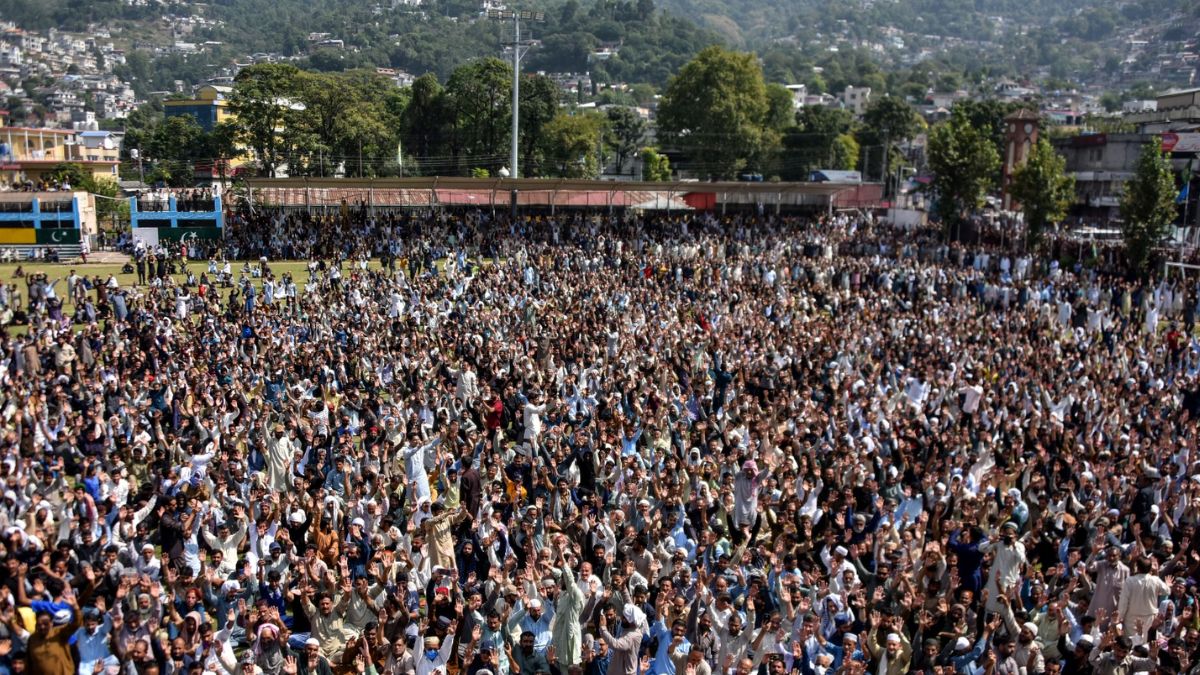)
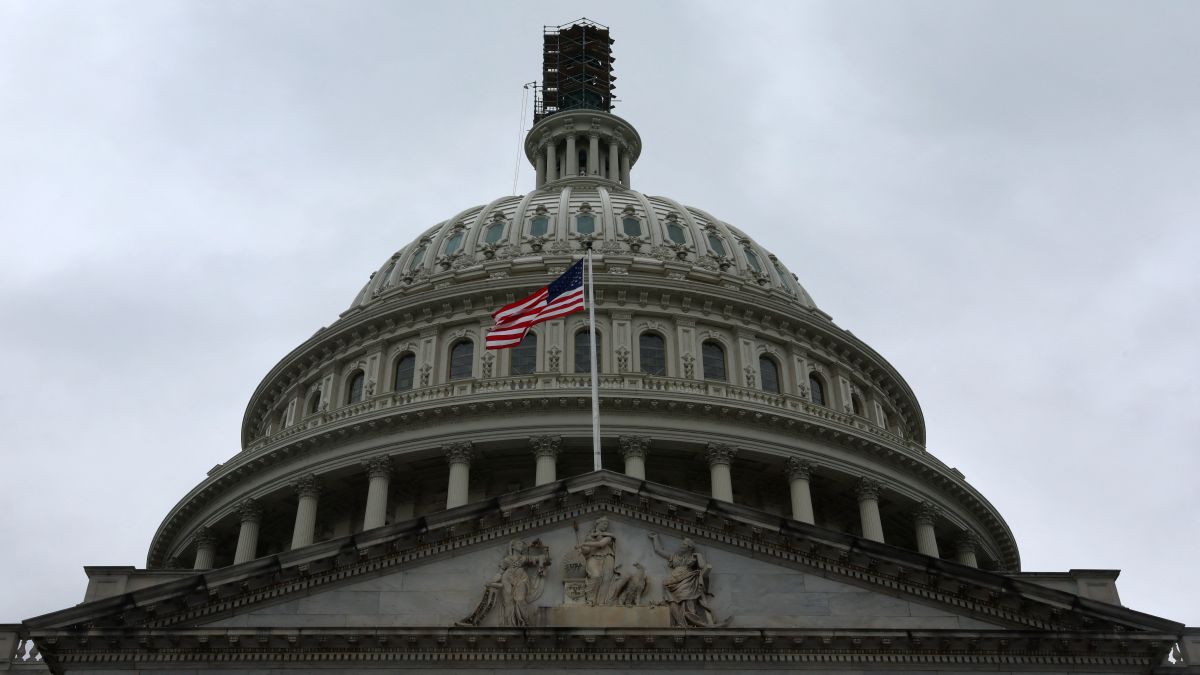
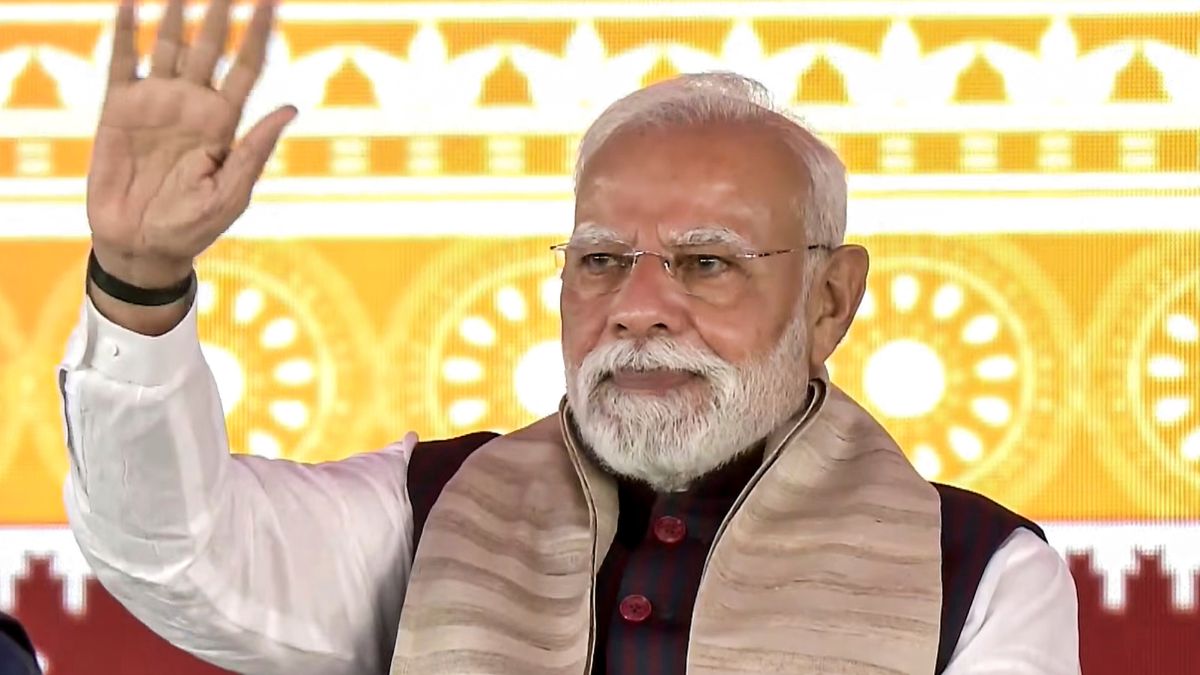)
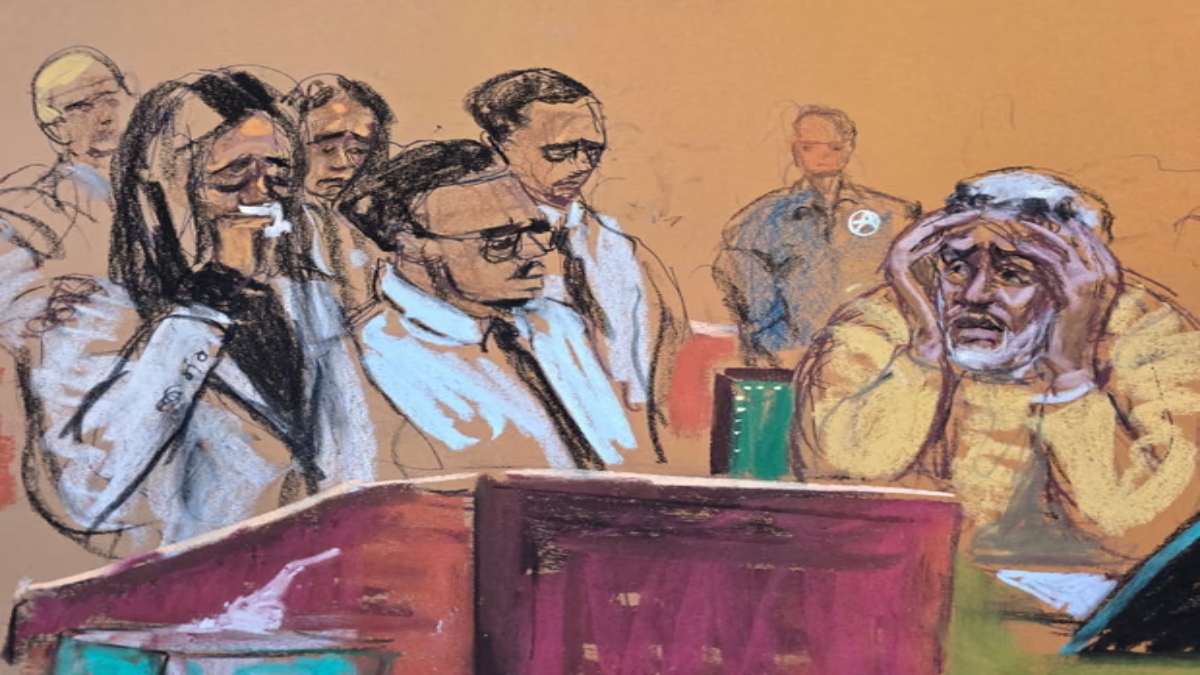)
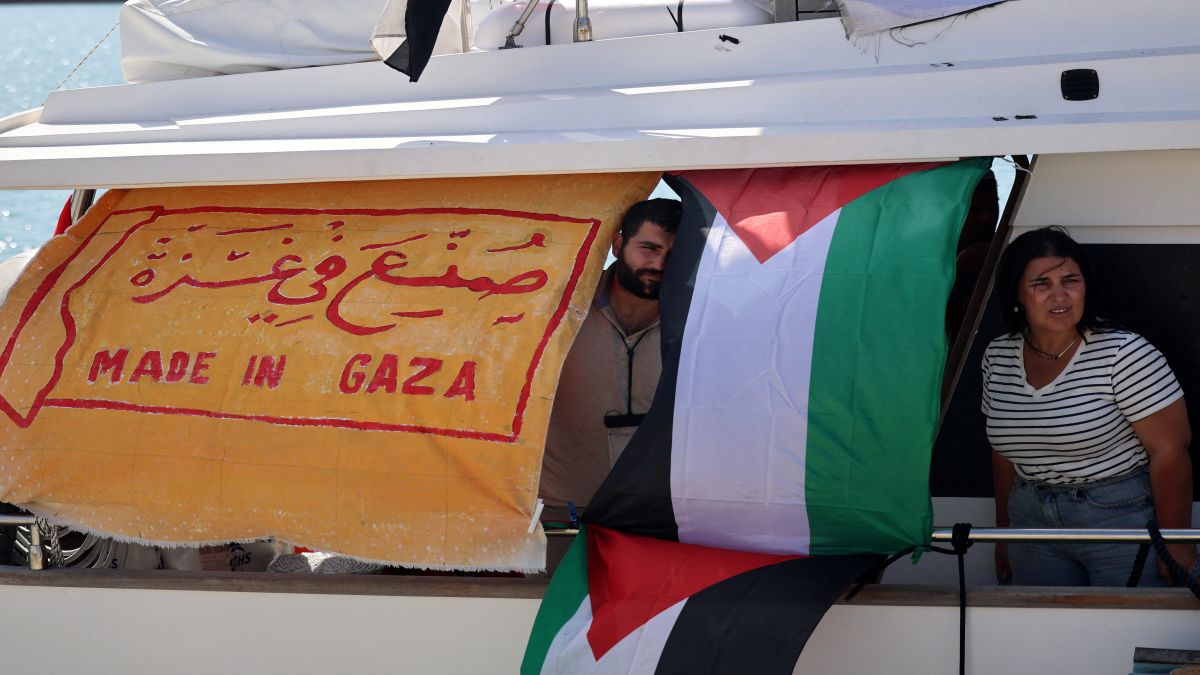)
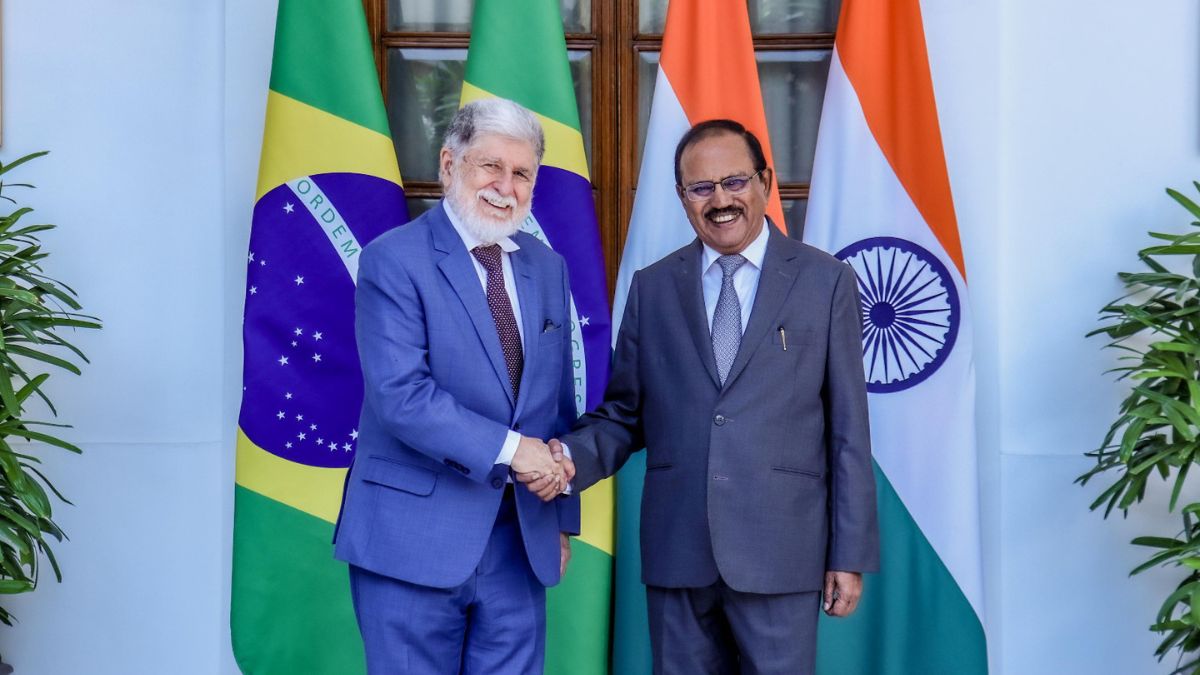)
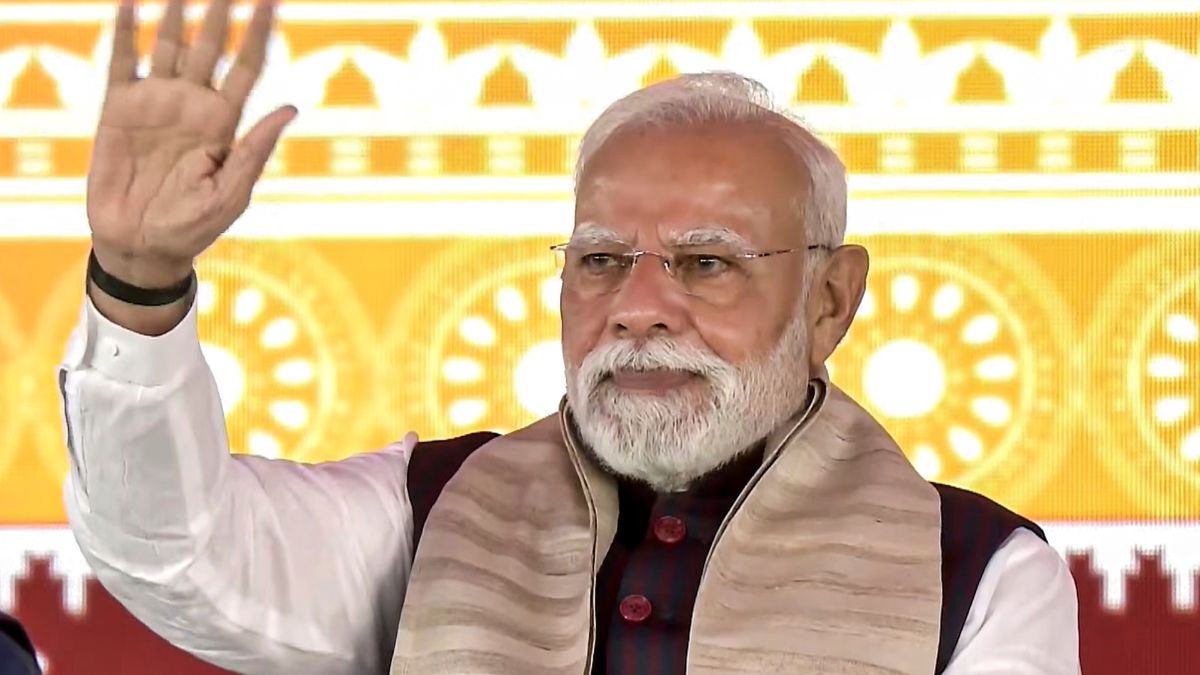)
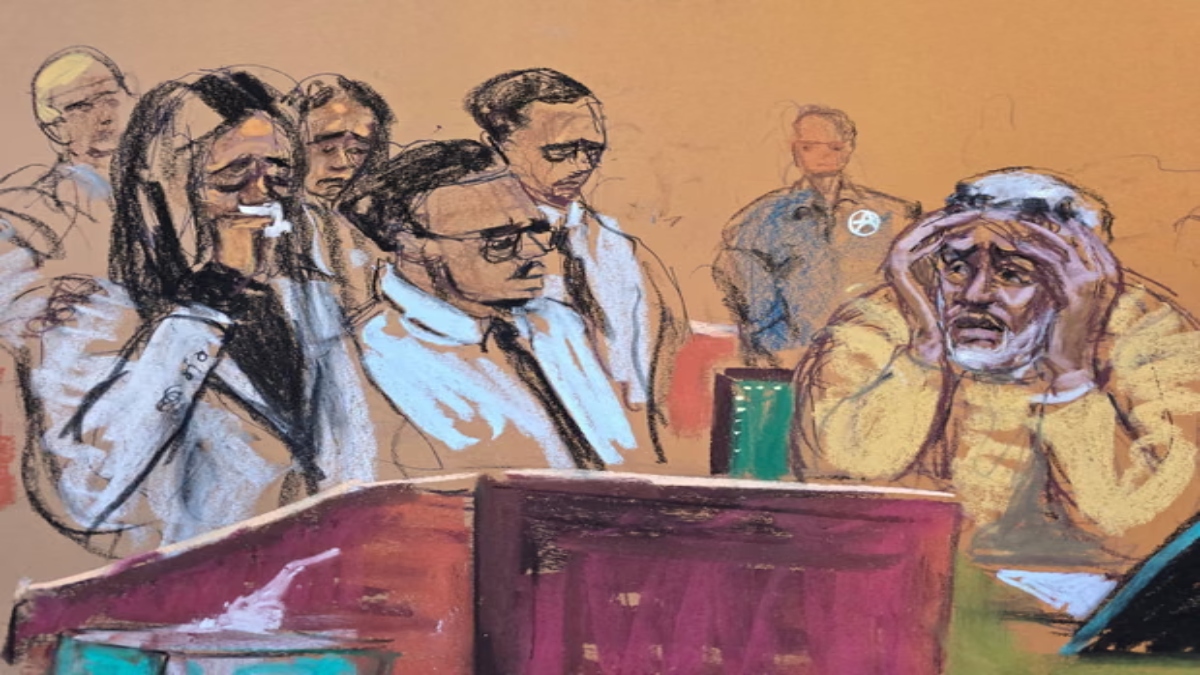)
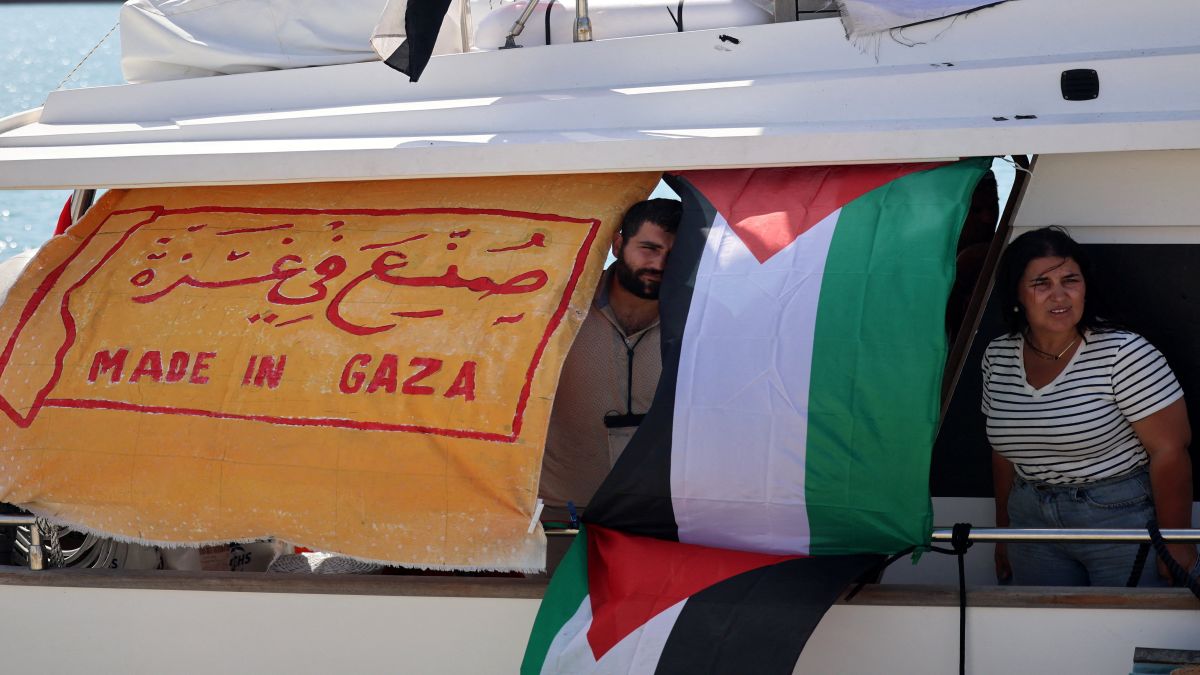)
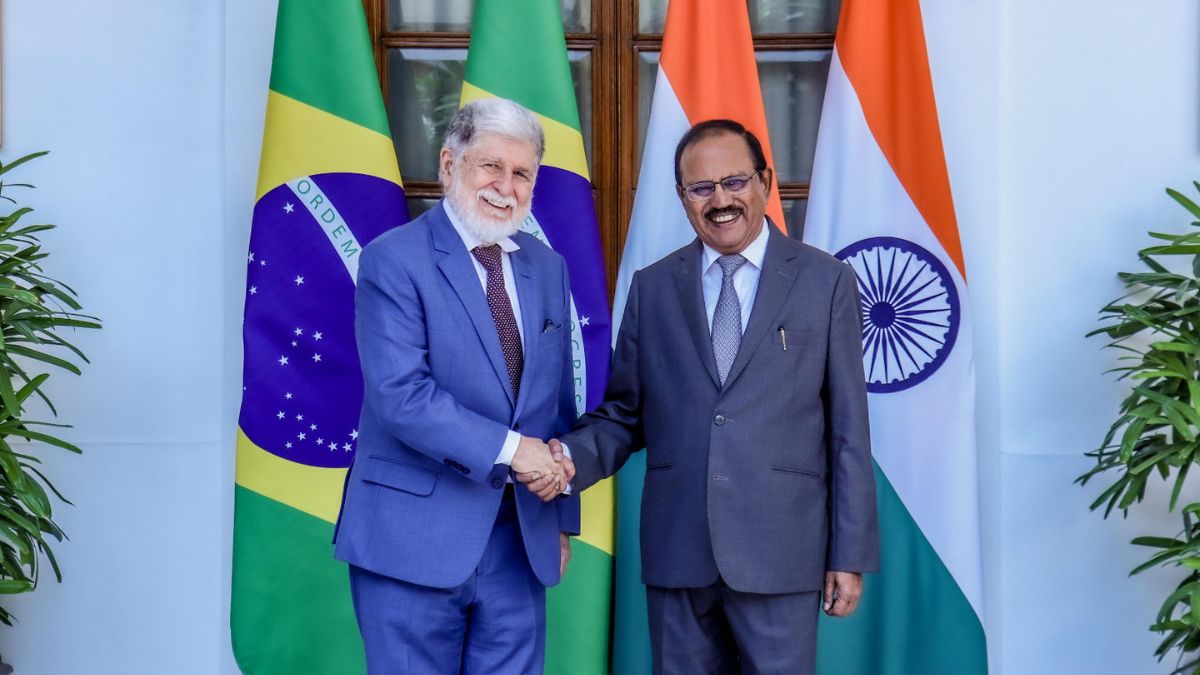)



